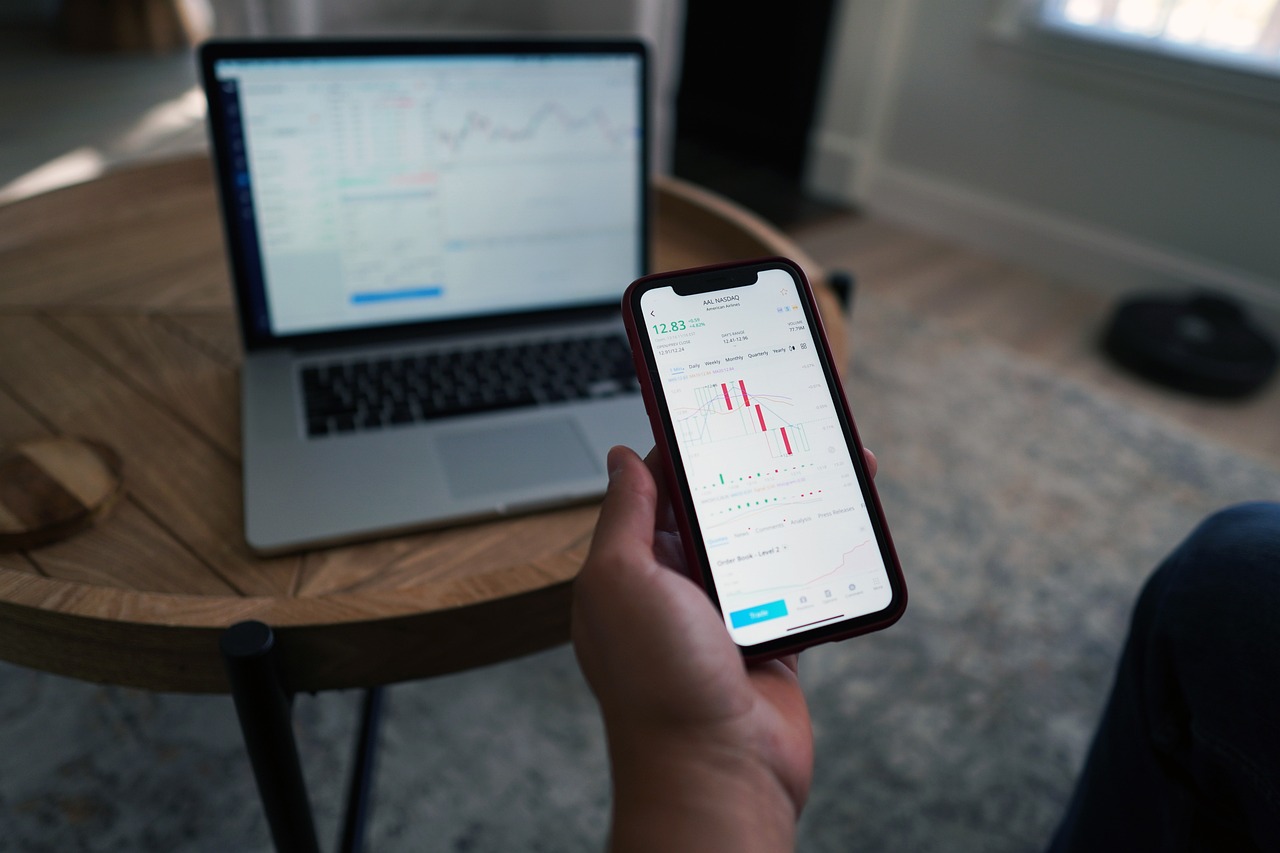
05 Feb Are investment returns reported before or after fees?
Photo: pixabay.comQ. Every advice column emphasizes looking for lower fees. Aren’t the investment returns reported for mutual funds net of all fees? Who cares what the fees are if the overall results of the fund are better than a lower fee fund? What am I missing?
— Investor
A. Advice columns that recommend lower investment fees have the right idea.
It’s money you’re paying, out of your pocket, but whether the fees are worth it is another consideration.
Let’s take a stop back.
When you evaluate a mutual fund, there are more things to look at than just the return, said Bernie Kiely, a certified financial planner and certified public accountant with Kiely Capital Management in Morristown.
You can look at its class, whether it’s a load or no-load fund, whether it’s actively managed or an index fund, as well as its expenses, he said.
A “load” is an upfront charge, or commission, you pay when you buy into a fund. For example, if you buy a fund with a 5% load and you invest $1,000, only $950 of your money will actually be invested.
Some also have ongoing sales charges called 12b-1 fees.
“No-load mutual funds do not charge sales commissions, and they do not charge 12b-1 fees,” Kiely said.
A mutual fund’s class determines how the fund invests its money, Kiely said.
It can invest in large companies, called large caps, medium-sized companies, also called mid-caps and small companies, which are also called small caps. You can also choose other classes, including international, which includes companies outside the U.S., Real Estate Investment Trusts (REITs) or bonds.
If you look at the long term returns from these classes, you will see that they don’t go up and down at the same time, Kiely said.
“For example, the S&P 500 stock index and REITs have a correlation of .45. That means 45% of the time they are going up and down together and 55% of the time they are going in opposite directions,” he said. “Adding REITs to a portfolio reduces risk.”
Next you need to see if a fund is actively-managed, which means the manager is buying and selling shares in an attempt to beat the market, Kiely said.
“Sometimes they do and sometimes they don’t,” he said.
With so-called passive investments, such as index funds, the manager is trying to replicate the index it is following, Kiely said.
“The S&P 500 stock index is an index made up of the 500 largest U.S. corporations. If you simply buy the stocks in the S&P 500 and sell and replace a stock if Standard & Poor takes it out of the index, you don’t have to pay for all the research and travel that an active manager incurs,” he said.
All funds will also have expenses, known as the annual expense ratio.
“All funds have to write, print and mail the prospectus and quarterly reports to the shareholders,” Kiely said. “Additionally, there are the ongoing costs associated with managing a mutual fund.”
You are correct that a mutual fund’s expenses are taken out before a mutual fund releases its periodic returns.
“But expenses are paid for by the fund shareholder,” he said. “When we recommend a mutual fund to our clients, we look at all the things mentioned above.”
Email your questions to Ask@NJMoneyHelp.com.
This story was originally published in February 2024.
NJMoneyHelp.com presents certain general financial planning principles and advice, but should never be viewed as a substitute for obtaining advice from a personal professional advisor who understands your unique individual circumstances.

